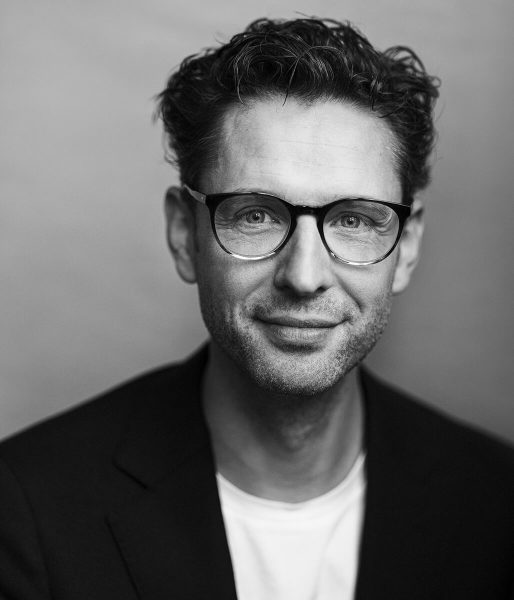

Slowest in the class
“I used to have a lot of trouble learning. Two weeks after my final exams, it became clear that I am quite dyslexic. That explained a lot, but changed little. I really wanted to study, but I couldn’t. I decided to delve into the workings of the brain. My frustration turned into fascination.
After studying several scientific studies on the brain, I understood how we can study faster, better and, above all, easier. I applied my new study method right away to my psychology study. I could now do this university study in only eight hours a week (normally it states, that you need 40 hours a week). A new world opened up to me. My fellow students also became enthusiastic about this and that’s how the first training sessions were born.
Everything is about attention
“The number of distractions coming at us has increased tremendously, and that affects our mental health (stress). It also makes it more difficult to move forward.
On average, we are interrupted about 500 times a day in what we are doing. As a result, we work in an increasingly fragmented way and it is more difficult to go into depth. Perhaps you know this yourself: being lived by the delusion of the day. Busy, but not productive. That’s not how it’s supposed to be.
My mission is to help people take back control. Practical tools so that we have a grip on distractions. This allows us to direct our day more and dive into more depth. Flow.
The goal is calmness, overview and control. In an increasingly fast-paced world, this is more important than ever. Everything is about attention.”
– Mark Tigchelaar
Others about Mark
Organizations that hire Mark




















